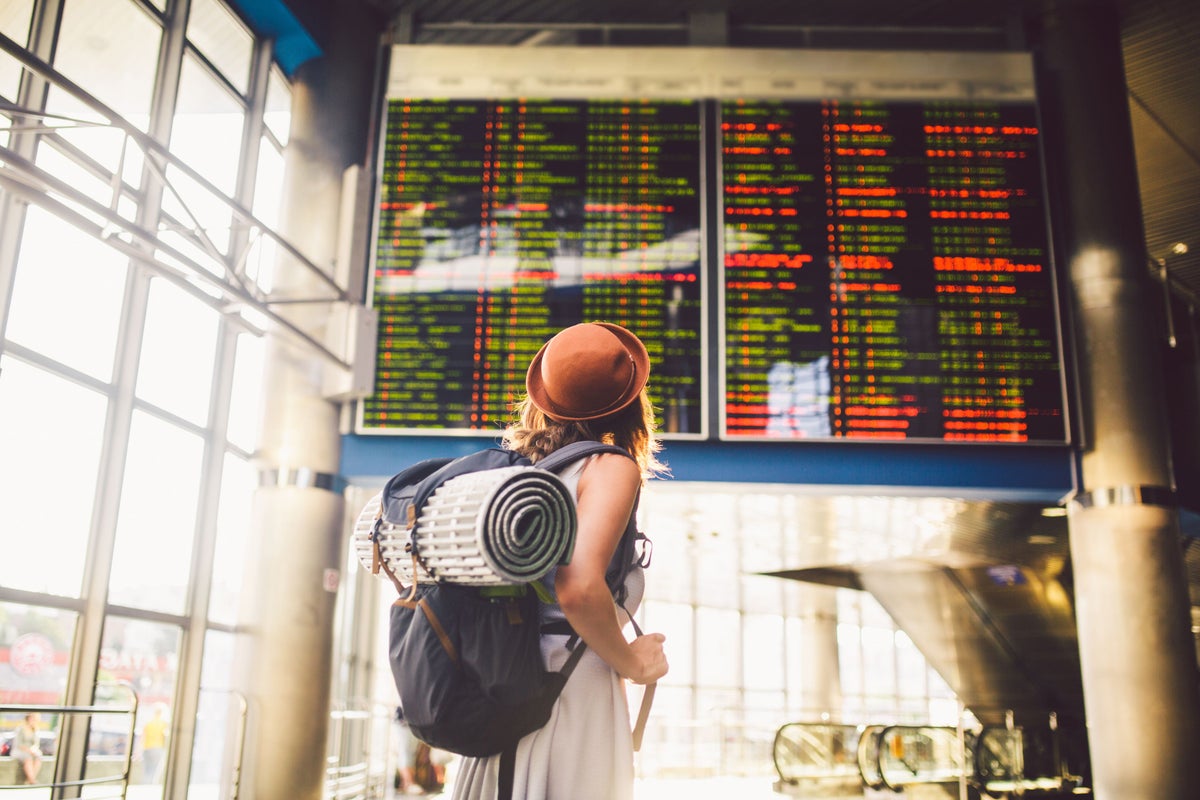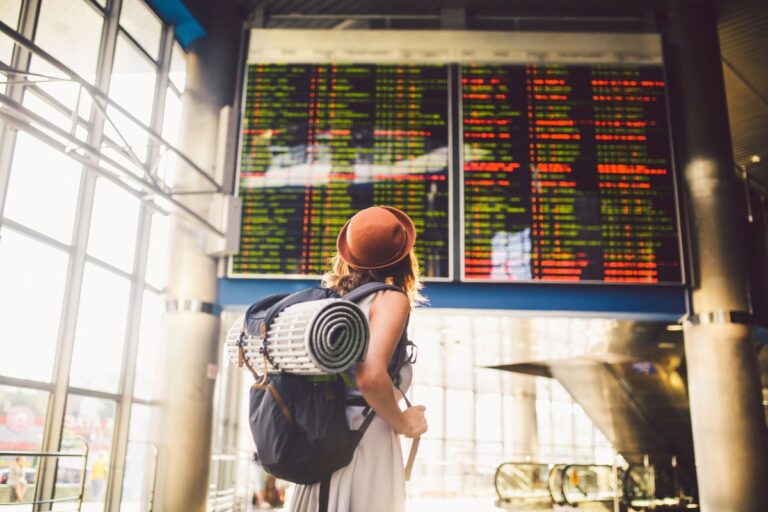
Solo travellers swarming destinations in Asia for cheap hostels are driving a shift in the travel industry which has long catered to couples, the boss of Hostelworld has said.
Gary Morrison said the travel industry has had a long period of being “closed off” to people going on trips alone.
He suggested the shift was being driven by an increase in being “solo by circumstance, not by design”, such as people moving cities, or their circumstances changing such as breaking up with a partner.
“To a large extent, the travel industry has been kind of closed off to solo travellers and it doesn’t really cater to them,” Mr Morrison told the PA news agency.
“Every single hotel room is for two people.”
“I think, in the longer term, other parts of the travel industry will start catering to solo travellers – which is, to stop charging them for two-person rooms,” Mr Morrison said.
Hostelworld, which is a platform for hostels around the world, has been involved in the social side of travel through its chat room app which launched after the Covid pandemic.
This works by connecting people who have booked into hostels in a particular destination, allowing them to co-ordinate plans or find like-minded people staying in the same place.
Bookings data from the platform show the proportion of solo travellers had risen from 57% in 2021 to 63% in 2024.
Furthermore, young female backpackers have become the fastest-growing group, spurred on by increasing opportunities to group up with others or enhanced safety measures including the availability of female-only hostel dormitories.
Mr Morrison said the “vast majority” of European travellers were going to Asia, particularly Thailand, because of the appeal of cheaper hostel rooms and living expenses.
He admitted that the shift “obviously hurts revenues” for Hostelworld, which last month said its average booking values had dropped from 14.36 euros (£12.26) in 2023 to 13.21 euros (£11.28) in 2024.
The chief executive, who said his own love of travel inspired him to join Hostelworld, said the company had set its sights on creating the “world’s largest travel network”.
It does not make money from people using the chat function, but the engagement is seen as driving bookings as people recommend hostel stays, or even make cheap bookings in order to access the feature.
Mr Morrison said the company had ambitious plans to use artificial intelligence (AI) to tap into bookings patterns and conversations between travellers, and develop a better understanding of what people are doing on their trips abroad.
He also revealed plans for the platform to expand beyond hostels and into other budget accommodation.
Investing in the new features, coupled with the shift away from higher-cost destinations, will result in a “crunch” period for the company, but is expected to result in longer-term sales growth.


